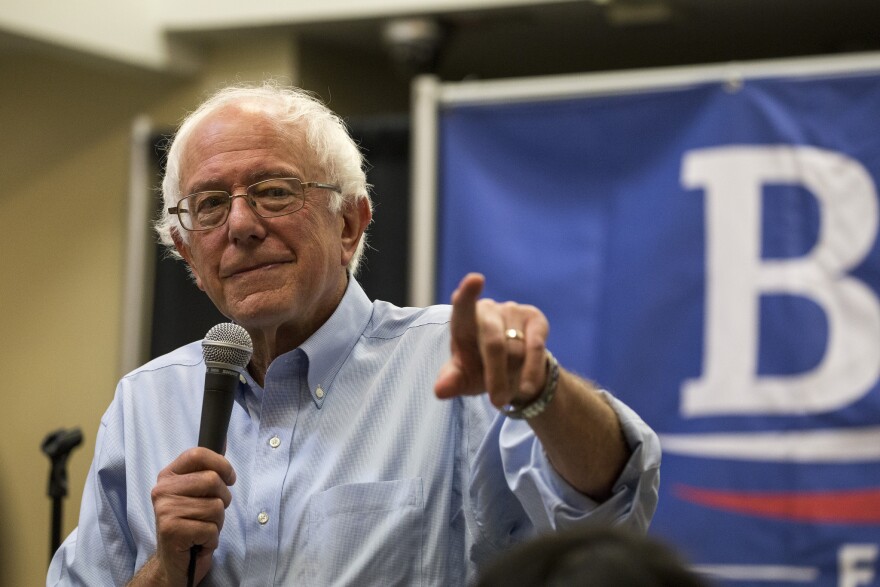Although New Hampshire’s First in the Nation Primary is still months away, the invisible primary is in full swing, and many votes have already been cast – by endorsements. Just how important are these political endorsements? And who is leading the invisible primary?
Aaron Bycoffe is meticulously tracking the political endorsements of each presidential candidate for FiveThirtyEight, so he had some ideas for us.
Not All Endorsements Are Created Equal
Bycoffe’s point system accounts for the different weight an endorsement carries from a US Representative versus a Governor. The system is based on one from the book The Party Decides, which was the source for the theory that endorsements carry enormous weight.
US Representatives count for 1 point, US Senators count for 5 points, and Governors count for 10 points.
So How Do They Break Down?
For Democrats, Hillary Clinton is the far-and-away leader – at the time of this post she had 406 endorsement points on Bycoffe’s scale. The next closest Democratic candidate was Bernie Sanders with 2 points.
We started looking at this at a year out from Iowa. At that point, she had about as many endorsement points as Bill Clinton had on the day of Iowa in 1992. So she was the clear leader going in.
The Republican candidates face a much larger field and smaller margins between candidates. At the time of this post Jeb Bush led the GOP race with 37 total points while the next closest was Chris Christie who had 25 points.
When we started tracking this, Jeb Bush was in the lead. He continues to be in the lead, but it’s a much closer race.

When we spoke with Bycoffe, Marco Rubio had only 13 endorsements – a number that had jumped to 24 when this post was written.
If those numbers don’t match what you’ve been seeing in the polls, there’s a reason for that.
Voters tend to not pay as close attention as early in the race (though of course in Iowa and New Hampshire things are a bit different), but voters look to party officials to help them make their choice as to who to support.
But How Do We Know Endorsements Will Matter in the Long Run?
Bycoffe says that the system isn’t fool-proof. There have been upsets in the past, as when Hillary Clinton, who was leading in endorsements until halfway through primary season, was toppled by Barack Obama as his endorsements increased, and ultimately rocketed right before his nomination.
The authors [of The Party Decides] found that for each increase in the share of endorsements of 10 percentage points to a candidate, their share of delegates won in the primaries goes up about 8%.
But in the end, party leaders did lend their support to Obama, meaning his campaign wasn’t free from the powerful influence endorsements bring.
What About the Trend of Anti-Establishment Candidates?

Bycoffe explains that the anti-establishment fervor that has swept the GOP field may explain why endorsements are trickling in more slowly than usual for candidates on the Right.
But candidates are still very proud when they do get one of these endorsements, so in their eyes it’s important. We’ll just have to see if this cycle really is different.







